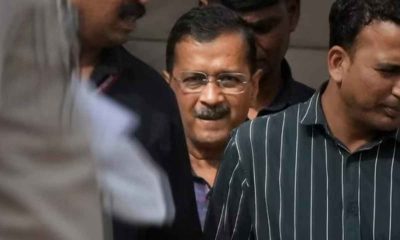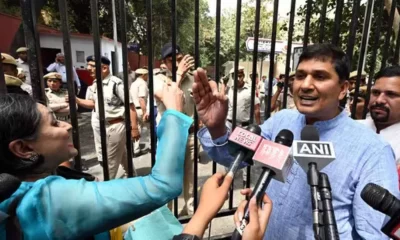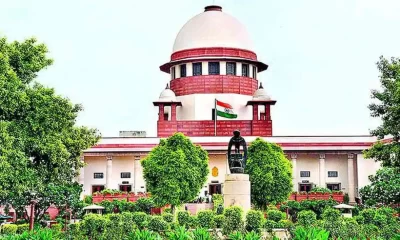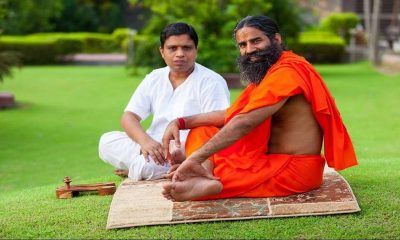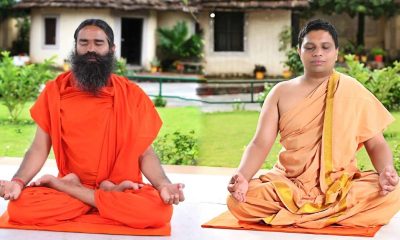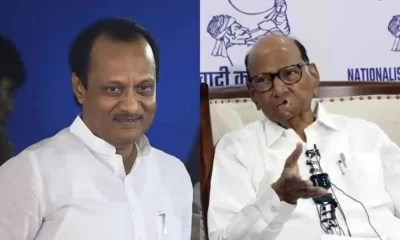India News
Aadhaar is a giant electronic mess, a serious threat, leads to a police state structure: Sr Advocate Divan to SC
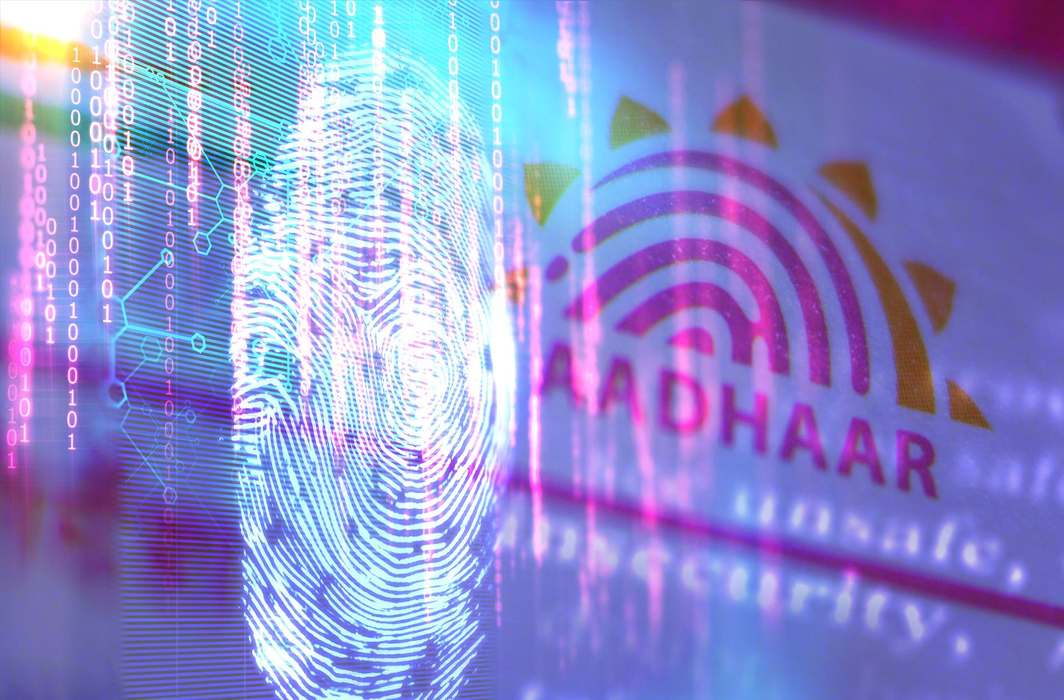
Senior Advocate Shyam Divan on Wednesday (January 17) made a passionate plea to a Supreme Court constitution bench on why he thinks Aadhaar is not the best thing to have happened to India; in fact it is possibly a serious threat. He termed the entire Aadhaar programme a “giant electronic mess”.
In a speech that carried through most of the day (both before and after lunch), Divan told the bench of Chief Justice Dipak Misra and Justices A M Khanwilkar, Adarsh Kumar Sikri, D Y Chandrachud and Ashok Bhushan that Aadhaar has the potential to rob a person of his rights.
Divan was arguing on a petition by S G Vombatkere & Anr (vs Union of India & Ors. Respondents).
Before Divan, P Chidambaram had mentioned before the Chief Justice that Aadhaar had been passed as a money bill and he wanted to argue only on this aspect.
11.47 am: Divan started by saying: “There are so many regulations and notifications in this case. We have to consider them. There are so many circulars and notifications that have no connection with the main matter, but we have to look into them.”
11.51 am: The bench asked: “Are you going to challenge the Aadhaar programme first?”
Divan replied: “We have to make it clear what the purpose of the Aadhaar project is. This project came in 2009. We have to see if it constitutional or not. This project is a continuously growing project.
“We are challenging this project because of the collusion of a policy and technology. It is a giant electronic mess.”
12.00 pm: Divan also used the Kesavanand Bharti case to strengthen his case.
He said: “This project can track all the citizens and their activities. Firstly it was voluntary. The state issues a number which can be accessed by the government for tracking citizens and the state is empowered to switch it off.”
12.02 pm: He continued: “The constitution makes a balance between laws and life of citizens but the Aadhaar creates a mess between all this. Even banking is also connected, so the government can track our money expenditure and all.”
Then he listed some points such as:
– Tracking of banking and expenditure.
– Right to privacy.
– Identification of personal things like iris and fingerprints.
– Whether the Aadhaar database is secure or not for national security.
12.03 pm: Another writ petition was filed and tagged with the Aadhaar matter which refers issue of population census.
Divan continued: “Linking of Aadhaar with mobile services is also there which (the deadline) is extended till March 31.
“The iris and fingerprints are my personal identity and no one has the right to take it from me forcefully.
“On July 2, 2009 the chairman was appointed. The statute was not there at that time.”
12.08 pm: He also talked about the loopholes: “Fake Aadhaar numbers have also been generated. Several PILs were filed before the Supreme Court and this matter was transferred before constitutional bench.
“Adhaar is also used for LPG connections. The Jandhan Yojna is also linked with Aadhaar.”
12.09 pm: He pointed out that Aadhaar is voluntary so long as there was no judgment on it.
He said: “The E-KYC also came with linkage of Aadhaar. Re-verification has also come with all the existing mobile users for restricting money laundering.”
12.18 pm: There was more. He said: “S 139AA of the Income Tax Act is also connected with Aadhaar, so your bank accounts are connected, policies are connected mobiles are connected everything is connected with this.
“So the court passed an order saying linking Aadhaar with PAN is not mandatory. Even then the government said you cannot file your IT Returns without Aadhaar and PAN. Then the court saved the people from this.
“There are a large number of people who work on the field. Their rations are directly linked with Aadhaar. People are facing so much difficulty.”
12.21 pm: There were more issues, in the very collection process of the data itself, he pointed out. He said: “The biometrics are not being registered for a large number of people. And from age 15 to 18 the biometrics of a human being change. So how can it be possible to make it mandatory for those people?”
He also argued about linking Aadhaar with ration cards. He argued how someone living in a remote place can afford to get his or her ration if his or her ration card is yet to be linked to Aadhaar. That has been a long-standing issue that the government has refused to recognise. People have died because they have not been able to go to the fair price shop and give their finger prints, or could not because technical malfunctions.
12.40 pm: At this point Divan mentioned that there were Padmashree Award winners members of the national human rights committee among the petitioners. He also pointed out that there are some petitioners who worked with the group of people for national security.
12.50 pm: He continued: “They capture the fingerprints, facial and iris of individuals. These particular items are stored in the database.” He then pointed out the fallacy in this. “There are so many things which creates a bar while using these things, such as moisture, dust, tears in the eyes etc. in such cases you may be rejected. So the constitutional issue is, if I enjoy a right, where is the question of matching this?”
The hearings continued after lunch with Divan still speaking.
2.48 pm: He said: “Biometric is sensitive to everyone, like palm prints, voice etc. When you’re picking such sensitive information there should be a minimum governance. Biometrics is covered under no legislation. If we further go into the case, there is no governmental control over such gathering of sensitive information.
“Making Aadhaar mandatory at banks, work place etc. makes an individual vulnerable to surveillance. Aadhaar makes an individual tradable at all times. This is infringing his fundamental right. Electronic trail would be left with the Central government about information regarding the whereabouts of an individual. This would lead to aggregation of power. It leads to a police state structure. Is it even permissible to have such an architecture? It will soon become a surveillance society, the pace at which it is going on currently. Government, by transgression, is becoming dominating.”
3.01 pm: Then he hit at the heart of the matter: “Now we have a fundamental right to privacy, everything that happened between 2009 and 2016 should be nullified.
3.16 pm: The respondent (the government) in its affidavit has submitted that Aadhaar gives people with no documentation an identity. About this Divan said: “Only 2,19,000 people registered in that particular category where Aadhaar was their first identity card.
3.43 pm: “Registrations were denied on technical grounds where biometrics of the people applying at a later stage were closely similar to people already registered. It is contended that such problems will grow as the number of registrations will create an anomalous situation.”
4pm: P Chidambaram came in with his arguments on the specific issue (the money bill) he wanted to talk about. He said: “Irregularity and illegality are two different things. If the Speaker certifies that a bill is a money bill then the Rajya Sabha becomes helpless.”
At that one of the counsels of the petitioner submitted: “No court should object if the speaker certifies, according to Parliament Act (UK) 1911.”
At that point the court was adjourned to Thursday.
2024 Lok Sabha Elections
Prime Minister Narendra Modi urges citizens to vote in record numbers as voting for first phase of Lok Sabha elections begins on 102 seats across India
Union Home Minister Amit Shah also urged citizens to vote in large numbers and added that it is not only meant to determine the fate of a Lok Sabha or a candidate but also for shaping a bright future for the country.
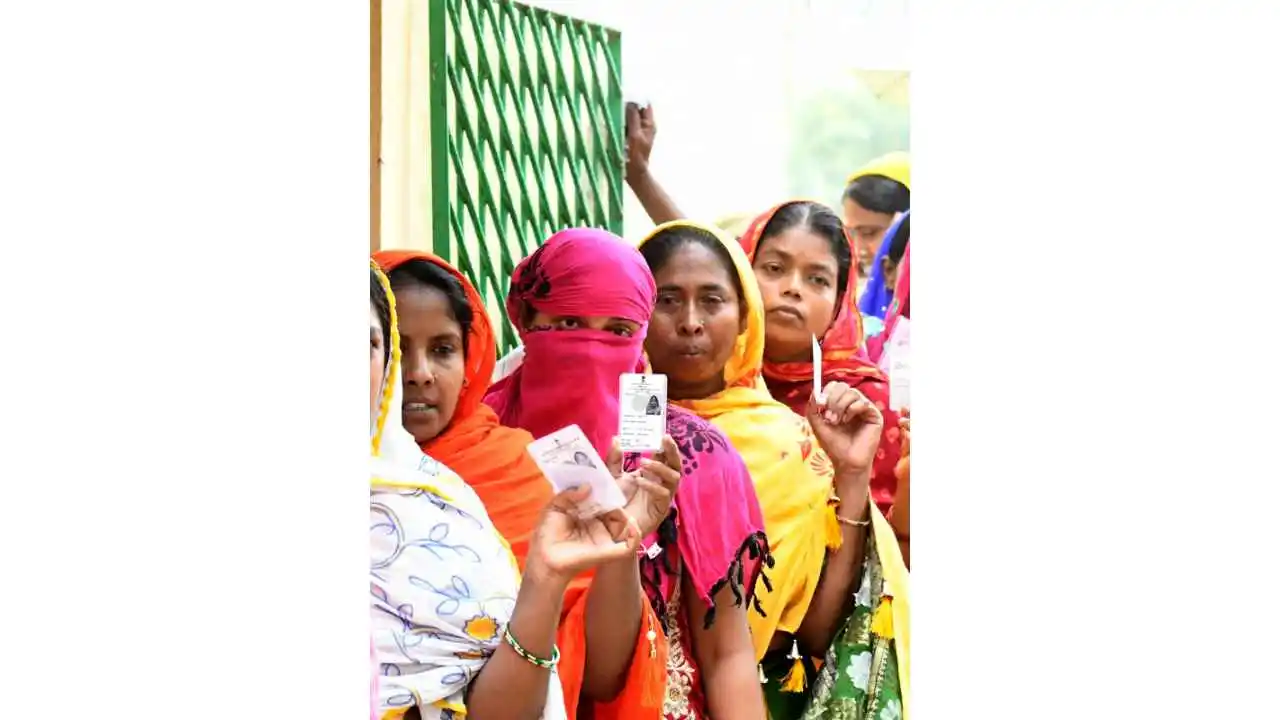
Voting for the first phase of Lok Sabha elections is taking place on 102 seats spread all over India. Prime Minister Narendra Modi took to X and urged citizens to vote in record numbers. He said he particularly called upon the young and first time voters to vote in large numbers. He added that every vote counts and every voice matters.
Congress leader P Chidambaram and RSS supremo Mohan Bhagwat cast their votes in Chennai and Nagpur, respectively. Chidambaram was confident that INDIA bloc will sweep all 39 seats in Tamil Nadu. Union Home Minister Amit Shah also urged citizens to vote in large numbers and added that it is not only meant to determine the fate of a Lok Sabha or a candidate but also for shaping a bright future for the country.
He appealed to all the voters who are voting in this phase to vote in large numbers because every vote of theirs has the power to create a secure, developed, and self-reliant India. He appealed to the people to choose a strong and decisive leadership that has shown the determination to free the country from corruption, nepotism, and appeasement while fulfilling its promises.
In the first phase, elections are being held on all seats in Uttarakhand (5), Tamil Nadu (39), Meghalaya (2), Arunachal Pradesh (2), Mizoram (1), Puducherry (1), Nagaland (1), Andaman and Nicobar Islands (1) and Lakshadweep (1), Sikkim (1). Besides, there is voting in 8 seats in Uttar Pradesh, and Maharashtra, 6 seats in Madhya Pradesh, 12 seats in Rajasthan, 4 in Bihar, 2 in Manipur, 3 in West Bengal, and 1 seat each in Jammu and Kashmir, Tripura, and Chhattisgarh. Assembly elections are also taking place on 60 seats in Arunachal Pradesh and 32 seats in Sikkim.
India News
Enforcement Directorate says Arvind Kejriwal is deliberately eating mangoes, sweets, taking sugar with tea to increase his blood sugar level and create ground for bail
The Enforcement Directorate (ED) made the claim before special judge for ED and CBI cases, Kaveri Baweja, who gave directions to the Tihar jail authorities to file a report in the matter which should also include Kejriwal’s diet chart.
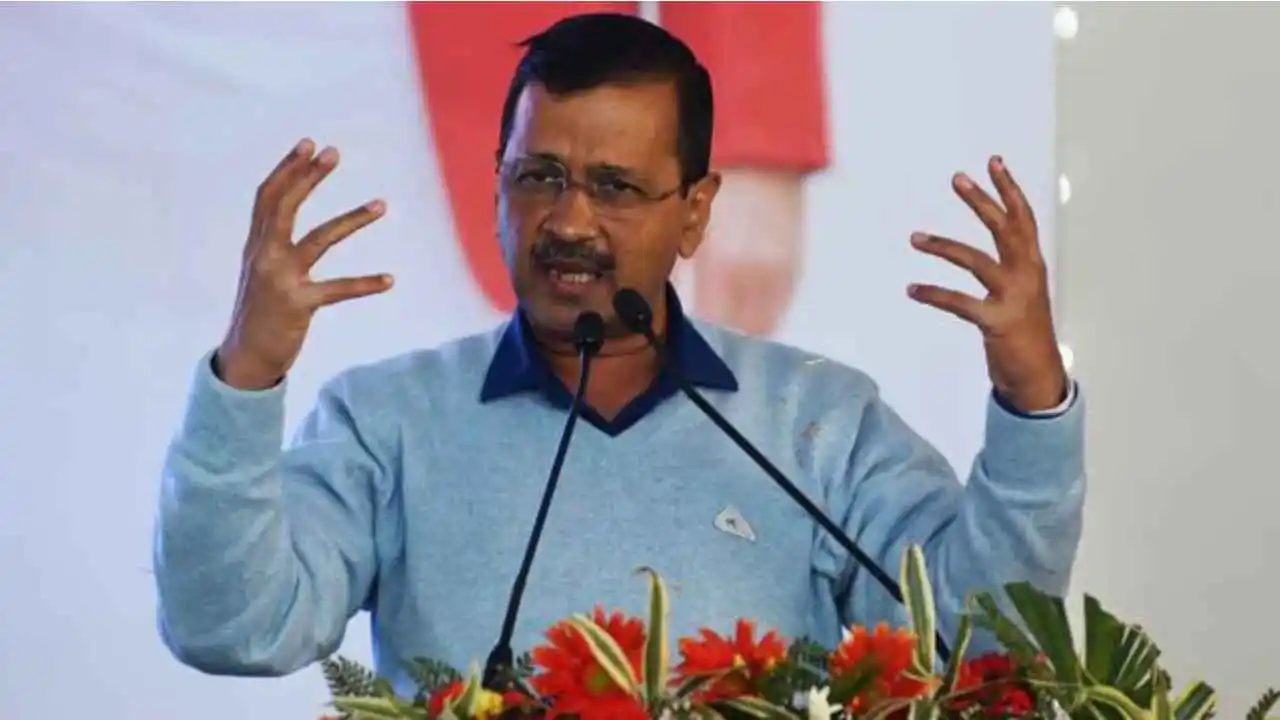
The Enforcement Directorate told the court on Thursday that Delhi Chief Minister Arvind Kejriwal, arrested in liquor policy case, is taking high sugar intake like mangoes and sweets every day deliberately in spite of suffering from type 2 diabetes so that he can create grounds for medical bail. The Enforcement Directorate (ED) made the claim before special judge for ED and CBI cases, Kaveri Baweja, who gave directions to the Tihar jail authorities to file a report in the matter which should also include Kejriwal’s diet chart.
Kejriwal had moved court and also sought permission to consult his regular doctor via video conference because his sugar levels were fluctuating. The judge directed the authorities concerned to file the report by tomorrow, when the court will take up the matter again.
Advocate Vivek Jain, counsel for Delhi CM Arvind Kejriwal responded to the ED’s argument and said this is an issue made by Enforcement Directorate so that home-cooked food should also be stopped. He said this would have a major impact on his health. Advocate Jain added that whatever Kejriwal is eating is as per his doctors prescribed dietary chart. He said the matter is sub judice and they do not have anything to say.
Advocate Vivek Jain objected to the Enforcement Directorate’s submission and said that the agency is making these allegations only for the media. He said that some toffee and other things are given to diabetic patients so that they can maintain their sugar levels. Jain added that Kejriwal is withdrawing his application and will file a better one later.
AAP minister Atishi Marlena said that Arvind Kejriwal had fallen ill and lost about 4.5 kg since his arrest on March 21. She addressed a press conference where the AAP leader said, Arvind Kejriwal is a severe diabetes patient but he never lets his health issue come as the way of his in the service to the nation.
India News
Enforcement Directorate seizes Shilpa Shetty’s husband Raj Kundra’s properties worth Rs 97 crore
The Enforcement Directorate said in a statement that the Mumbai zonal office of ED has provisionally attached immovable and movable properties of Kundra under the provisions of Prevention of Money Laundering Act (PMLA), 2002.
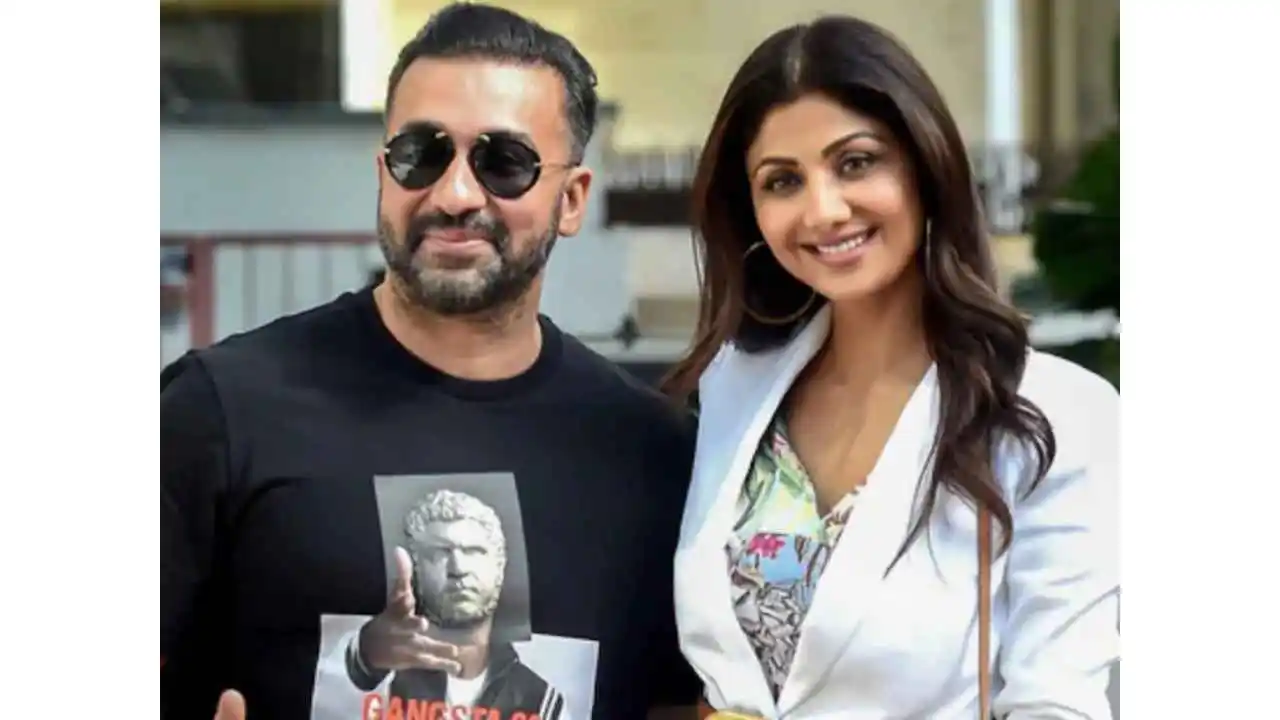
The Enforcement Directorate on Thursday seized businessman Raj Kundra’s properties worth Rs 97.79 crore. The siezed properties include a residential flat in Mumbai’s Juhu, which is named after his wife and Bollywood actor Shilpa Shetty. The Enforcement Directorate said the seized properties include another property which is a residential bungalow in Pune and Equity shares in the name of Raj Kundra.
The Enforcement Directorate said in a statement that the Mumbai zonal office of ED has provisionally attached immovable and movable properties of Kundra under the provisions of Prevention of Money Laundering Act (PMLA), 2002. The Enforcement Directorate began the investigation on the basis of a number of FIRs which were registered by Delhi Police and Maharashtra Police. It is being said that Kundra collected large sums of money in the form of bitcoins which were worth Rs 6,600 crore in 2017 from the public with the false promises of 10 % monthly return in the form of bitcoins.
The ED said that it was planned that the collected bitcoins will be used for bitcoin mining and investors will get to get a large return in Crypto assets. But the promoters cheated the investors as they concealed the ill-gotten bitcoins in obscure online wallets. The Enforcement Directorate revealed in its investigation that Raj Kundra received 285 bitcoins from the mastermind and promoter of Gain Bitcoin Ponzi Scam Amit Bhardwaj for setting up bitcoin mining farm in Ukraine.
The Enforcement Directorate in its statement said that the bitcoins were sourced out of proceeds of crime collected by Amit Bhardwaj from gullible investors. Since the deal did not go through, so Kundra is still in possession and enjoyment of 285 bitcoins which are valued at more than Rs 150 crore. Earlier a number of search operations were conducted in connection with this case, leading to the arrest of three people — Simpy Bhardwaj on December 17, 2023, Nitin Gaur on December 29, 2023, and Nikhil Mahajan on January 16, 2023.
-
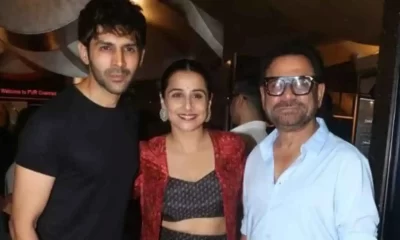
 Entertainment19 hours ago
Entertainment19 hours agoBollywood stars Vidya Balan, Kartik Aaryan, Pratik Gandhi, Ileana D’Cruz, Mouni Roy, Radhika Madan, Mrunal Thakur attend Do Aur Do Pyaar premiere
-
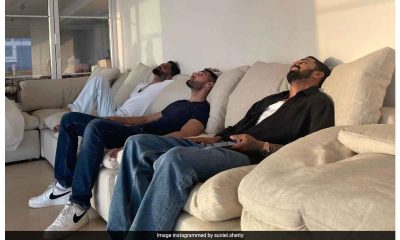
 Cricket news17 hours ago
Cricket news17 hours agoHappy Birthday KL Rahul: Suniel Shetty wishes son-in-law KL Rahul on his 32nd birthday
-

 LATEST SPORTS NEWS23 hours ago
LATEST SPORTS NEWS23 hours agoIPL 2024: Delhi Capitals thrash Gujarat Titans by 6 wickets
-
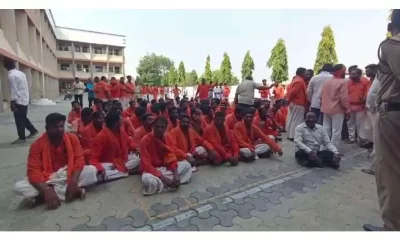
 India News21 hours ago
India News21 hours agoReligious outfit vandalises The Blessed Mother Teresa High School in Telangana after teachers object to students wearing Hanuman Deeksha dress
-
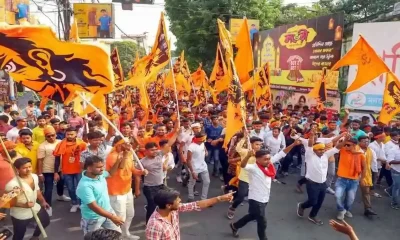
 India News22 hours ago
India News22 hours agoClashes erupt during Ram Navami procession in West Bengal’s Murshidabad district
-
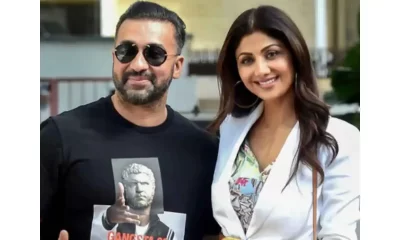
 India News16 hours ago
India News16 hours agoEnforcement Directorate seizes Shilpa Shetty’s husband Raj Kundra’s properties worth Rs 97 crore
-
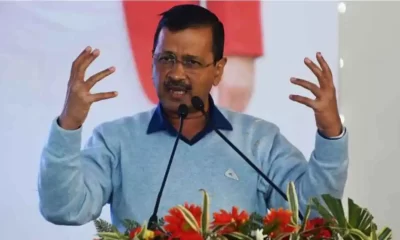
 India News15 hours ago
India News15 hours agoEnforcement Directorate says Arvind Kejriwal is deliberately eating mangoes, sweets, taking sugar with tea to increase his blood sugar level and create ground for bail
-
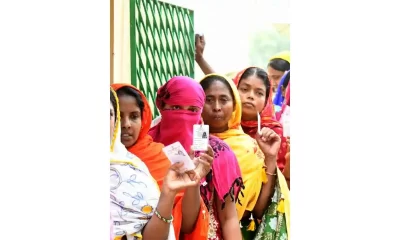
 2024 Lok Sabha Elections15 mins ago
2024 Lok Sabha Elections15 mins agoPrime Minister Narendra Modi urges citizens to vote in record numbers as voting for first phase of Lok Sabha elections begins on 102 seats across India

